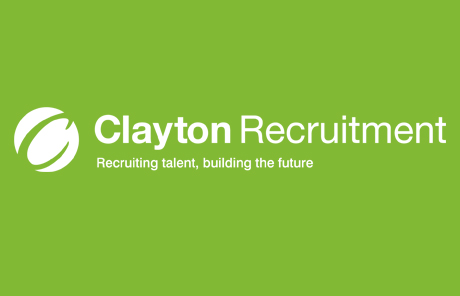
How to handle a counter offer situation
- January 22, 2018
You’ve found your ideal person for the role: they tick all of the right boxes and you can’t wait to get them on board. But after you’ve offered them the job, they suddenly aren’t sure. Their current employer is equally keen to retain them and has made a counter offer to incentivise them to stay. What should you do next?
Of course, all firms want to retain their best talent and a last-ditch attempt to encourage highly in-demand candidates to withdraw their application, is not an uncommon scenario. However, there are several steps that you can take to minimise the risk and ensure the role you are offering, remains a viable option.
Determine why they want to leave
Preparing for a counter offer needs to begin at the very first stage of contact with prospective employees. Asking ‘Why do you want to leave your current job?’ is an important part of understanding the candidate’s motives and aspirations. If their only reason for looking for a new role is to get a pay rise or a little more responsibility, their current employer can easily address this with a counter offer which includes a salary increase or a change of job title. During the interview process, consider which job seekers are interested in the full opportunity that you’re offering.
Cover counter-offers at interview
It’s totally fine to ask a candidate during the interview stage what they would do if their current employer asks them to stay. It may be uncomfortable, but if it is clear at this point that they aren’t totally sure that they really do want to leave, question them further to find out the full picture.
Get them engaged with their future colleagues
The onboarding process can start from the moment that a candidate accepts your offer and can also be extended to include candidates who are still weighing it up. It’s a good idea to invite them in again to meet with key colleagues, such as line managers, peers and the leadership team. Personal connections can make it easier for people to envision themselves as part of the team.
Keep in touch
When recruits are seeing out their notice periods – which can be as long as three months – their excitement at getting a new job can fade a little. Plus, of course, their current employer still continues to see them each day and may well be doing all that they can to dissuade them from leaving. Be sure to stay in contact with your new hire until they join you on their first day. Invite them to team events, where possible. This will help you keep the momentum going and cement your company in their mind as the place where they can’t wait to be.
Sell your strengths
If you’ve done all of that and a potential new employee still is having a moment of uncertainty about switching jobs, remind them of the opportunities in your organisation. Pinpoint what initially made them apply for a job with you – career progression, improved work/life balance, an appealing organisational culture or more challenge – and reassure them that those benefits exist if they make the move.
Use a recruiter
A good recruiter will ascertain why the applicant is searching for a new role before putting them forward for interview. Often, jobseekers reveal information to recruiters that they don’t at interview and some do say that they are really only looking for a bargaining tool! Recruiters will be well-versed in scenarios where counter-offers emerge and they’ll be able to prepare candidates for the possibility that their current employer may try to dissuade them from leaving.
Know when to walk away
The recruitment process works both ways. Even in a skills-short environment, you still want to attract the right person who has enthusiasm for the job: a candidate that needs endless persuasion to join your organisation is unlikely to be right. So, make your first offer your best one: sell the benefits of your company and role throughout the process and let it be the opportunity of working for you that attracts the right talent – not extra perks added to the salary package in a last minute attempt to get them to choose you.
If you would like specialist advice from experts, get in touch today to find out how we can help you find the right talent.
For more advice from the team, check out our other posts.











